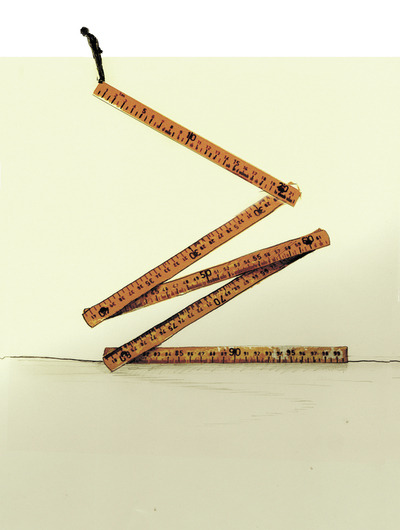theolduvaigorge: A test that fails by Casey Miller and Keivan Stassun “Universi
theolduvaigorge: A test that fails by Casey Miller and Keivan Stassun “Universities in the United States rely too heavily on the graduate record examinations (GRE) — a standardized test introduced in 1949 that is an admissions requirement for most US graduate schools. This practice is poor at selecting the most capable students and severely restricts the flow of women and minorities into the sciences. We are not the only ones to reach this conclusion. William Sedlacek, professor emeritus of education at the University of Maryland, College Park, who has written extensively on the issue, notes that studies find only a weak correlation between the test and ultimate success in science, technology, engineering and maths (STEM) fields. De-emphasizing the GRE and augmenting admissions procedures with measures of other attributes — such as drive, diligence and the willingness to take scientific risks — would not only make graduate admissions more predictive of the ability to do well but would also increase diversity in STEM. Test disparities The GRE, like most standardized tests, reflects certain demographic characteristics of test-takers — such as family socioeconomic status — that are unrelated to their intellectual capacity or academic preparation. The exam’s ‘quantitative score’ — the portion measuring maths acumen, which is most commonly scrutinized in admissions to STEM PhD programmes — correlates closely with gender and ethnicity (see ‘The great divide’). The effect is powerful. According to data from Educational Testing Service (ETS), based in Princeton, New Jersey, the company that administers the GRE, women score 80 points lower on average in the physical sciences than do men, and African Americans score 200 points below white people. In simple terms, the GRE is a better indicator of sex and skin colour than of ability and ultimate success” (read more). (Source: Nature 303-304, 2014) -- source link
Tumblr Blog : theolduvaigorge.tumblr.com

